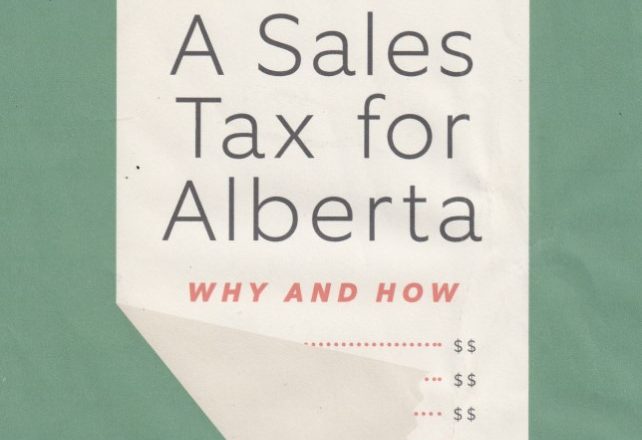A Sales Tax for Alberta- Why and How Book Launch
This past Thursday a book launch took place at the University Club to celebrate the publication of A Sales Tax for Alberta. Below are my speaking notes and pictures from this celebration.
Speaking Notes- Book Launch
Book launch A Sales Tax for Alberta- Why and How
University Club, Edmonton
22 September 2022
My friends, the journey has not ended, it is just beginning! An inflated ego drove this project in the vain hope that we might convince one courageous politician to choose to take on this controversial project - a sales tax for Alberta.
There are so many who helped this book across the goal line providing support and thoughtful feedback. First to my wife Linda who has been both a catalyst and huge support through what became a longer journey than expected. The initial germinatio...

